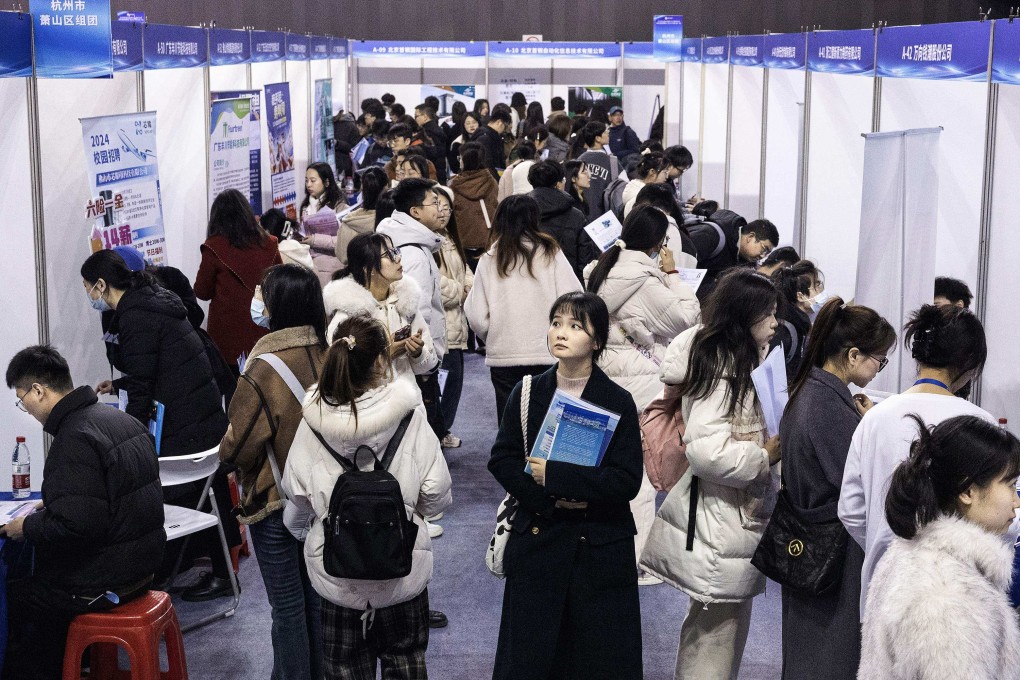My Take | China can dispel the ‘four curses’ for the country’s youth via economic liberalisation
- Refusing to participate in a vicious rat race, many young Chinese people have chosen to ‘lay flat’
- The best way to dispel these curses is to provide people with more opportunities by rolling back suffocating state intervention in the economy

The fate of most of China’s Gen Z, those in their 20s and 30s, is said to be in the shadow of “four curses”, namely Juan (involution), Tang (laying flat), Run (fleeing the country) or Xian (venting anger and frustration at other innocents).
In general, this can be seen as a reflection of the current pessimism and cynicism among the country’s youth amid a post-pandemic economic slowdown, rising unemployment and social ossification.
The concept of “involution” is used to describe shrinking opportunities in a highly competitive society. This summer, China’s 12 million college graduates will have to face “involution” as the number of good jobs available will be fewer than the number of those chasing them.
This compares with their parent’s generation, when a bachelor’s degree from an ordinary university was probably enough to secure a good job offer. In 2024, even a master’s degree from a top Chinese school is not a guarantee of a secure career path. Meanwhile, China’s gig economy and “involution” has pushed many employees into extremely-long working hours.
Refusing to participate in a vicious rat race, many young people have chosen to “lay flat”. This passive lifestyle is known as the “four no’s” – namely no dating, no marriage, no kids and no plan to buy a flat. According to one survey in the southern city of Guangzhou, one in 10 Chinese youths intends to follow the “four no’s” lifestyle.

